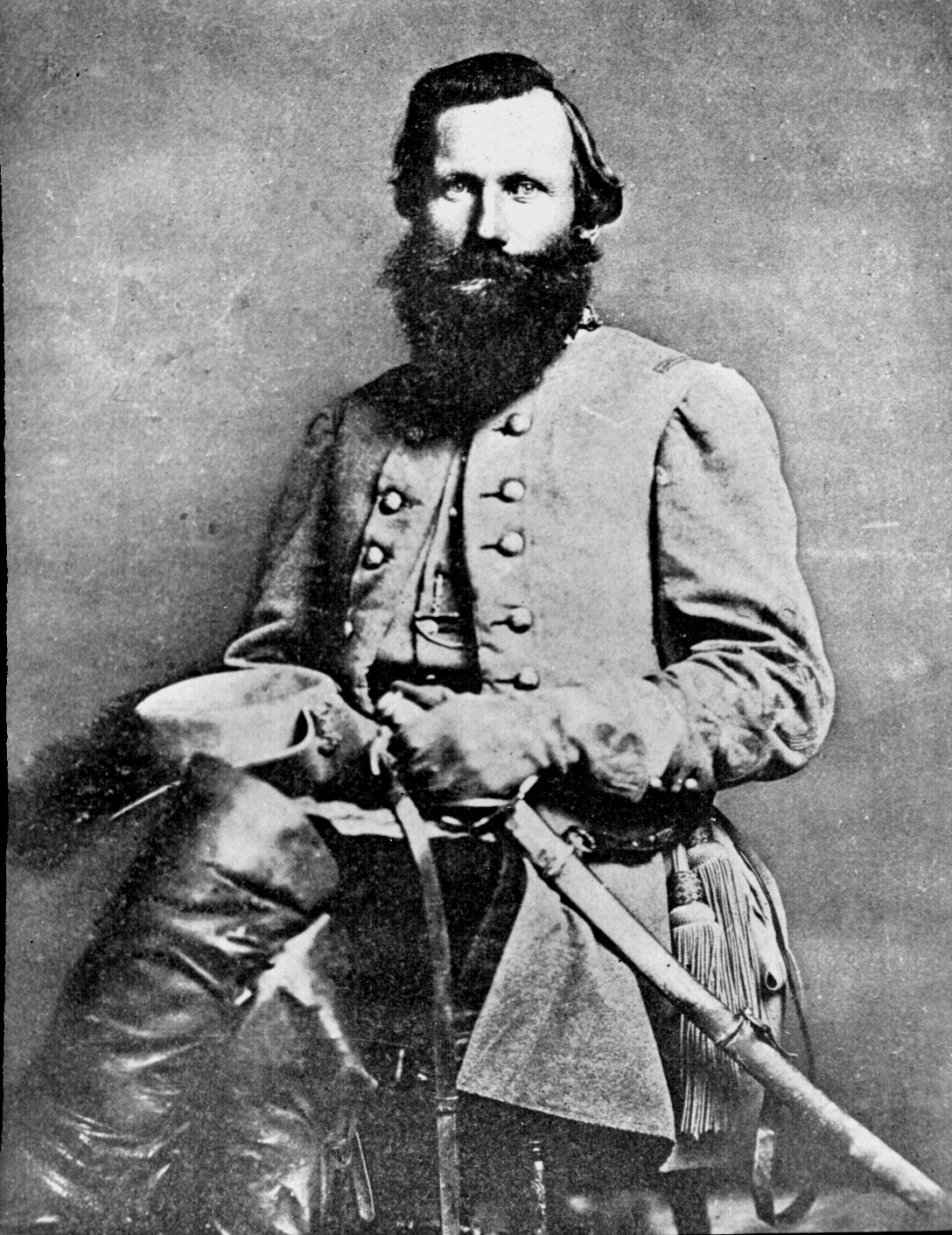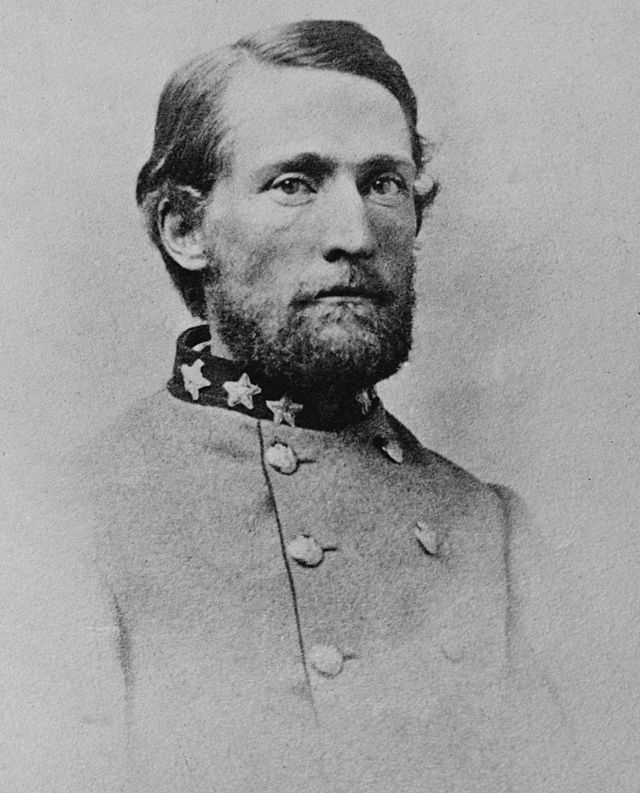My Favorite Historical Person: Antonia Ford
 The art of spying is as old as war itself, or so it has been said. While many people when asked who is their favorite figure from the Civil War would immediately think of generals and politicians, I tend to think of a lesser known group of people: spies who played an integral part in shaping how the Civil War was fought.
The art of spying is as old as war itself, or so it has been said. While many people when asked who is their favorite figure from the Civil War would immediately think of generals and politicians, I tend to think of a lesser known group of people: spies who played an integral part in shaping how the Civil War was fought.
One of my favorite spies and story of espionage is that of Antonia Ford. Born in Fairfax, VA in 1838, she was just twenty-three years old and unmarried when the war broke out. Ford’s family members were staunch supporters of secession, and in 1861 when the Army of the Potomac moved out of Washington D.C. on their way to the First Battle of Bull Run and came straight through Ford’s hometown, Ford knew she had to help her fellow Confederates.

Having many family connections in the Confederate Army, Ford was well acquainted with General J.E.B Stuart and his scout Colonel John S. Mosby. The Union soldiers on their way through Fairfax used the Ford home to board troops. Antonia, described by many as beautiful and well-liked by her male counterparts, was able to obtain valuable information about the Union and their army movements. She then relayed what she had learned to Stuart’s men who were stationed nearby, earning her an honorary place amongst Stuart’s staff in the fall of 1861.
From that point forward, Ford worked endlessly to provide as much information as she could to the Confederate Army in the area. In fall of 1862, the young lady rode nearly twenty miles, to inform her friend Stuart that the Union army planned on using Confederate colors to draw the rebels from their positions on the battlefield at the Second Battle of Bull Run. By winter of the same year, Union General Edwin Stoughton had set up his headquarters in Fairfax. Antonia, however, quickly made friends with the General, a friendship that was often times a source of gossip around town and even concern from Stoughton’s own men.
Ford, despite the friendship, had still been relaying what information she could about the Union and their encampments at Fairfax to Stuart and Mosby. In fact, on March 8, 1863, after Stoughton had thrown a party in honor of his mother and sister who were visiting, Mosby and two dozen raiders were able to slip into town, moving through the picket lines unopposed and making it to Stoughton’s headquarters. Once at the general’s location, the group of rebels loudly announced that they had a very important message for the general. When the door opened, they entered the house and captured the sleeping general. Shortly before day break, the Confederates and their prisoners slipped back through Union lines. Mosby had captured a brigadier general, two captains, 30 prisoners and 58 horses, all without one shot being fired.

Library of Congress
When word of this feat reached the Union Secretary of War Edwin Stanton, he demand that those responsible be found and held accountable. With the Ford family’s reputation as secessionist, her father was arrested, questioned but released, while Antonia herself came under heavy scrutiny. Lafayette Baker, the head of the Union Secret Service, believed wholeheartedly that Ford had orchestrated the entire raid by providing expedient information to Mosby. As such Baker, devised his own plan that would prove to be beneficial to his cause. Baker sent his own female agent, Frankie Abel, to the Ford home, posing as a refugee from Union occupied New Orleans. Abel and Antonia became fast friends, and in short time, Antonia made the mistake of showing Abel documents stating her place in Stuart’s staff.
Once this discovery was relayed to Stanton, he ordered Antonia brought to Washington. There it was found that she had in her possession multiple Confederate correspondence and pieces of Confederate money, all of which was considered contraband. Ford was arrested on the spot and sent to the Old Capital Prison.
Conditions there were deplorable, and after only seven months in prison, Antonia’s health was failing. However, Union Major Joseph Willard, who had been a provost marshal at Fairfax, had fallen in love with the young lady. Upon hearing of her arrest, he had himself reassigned to a position in Washington where he worked tirelessly for her release; finally after convincing her to sign an Oath of Loyalty to the Union, he was able to arrange her release. They were married on March 10, 1864. Unfortunately, Antonia’s happily ever after was short lived, two of her three children died in infancy, and her health continued failing. At the young age of thirty-three, only ten years after her time as a Confederate spy, Antonia Ford passed away. Most were convinced that her failed health was directly related to her time spent in confinement in the Old Capitol Prison.
Her story, however, has lived on along with those of other Civil War spies such as Belle Boyd or Rose O’Neal Greenhouse. Clearly, spies played a crucial and interesting role in the Civil War and some have argued that an army is only as good as its informants.
Interesting article; thanks.
Love seeing stories of the women of the Civil War. Thanks for this post.